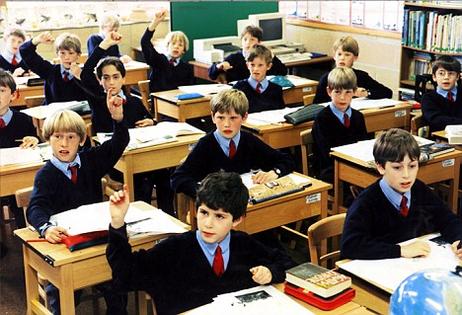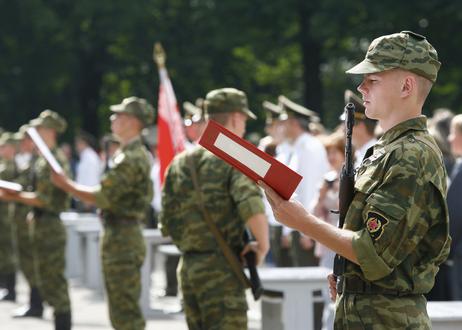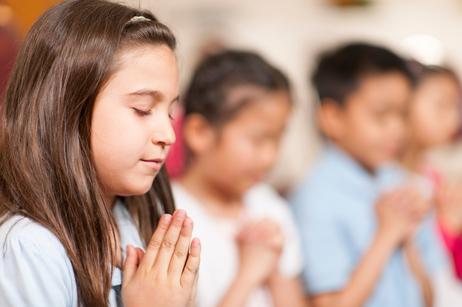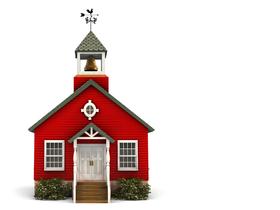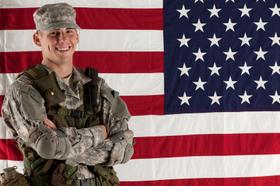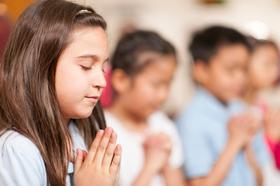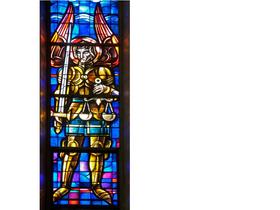Late Night Show host David Letterman retires at the end of May 2015. So, with his famous Top Ten lists in mind, here is my list of Top Ten Facts About 17勛圖s.
10. There are schools for just about every need you can imagine.
Perhaps this should be number one on the list. In any case, it is true. There are private schools for just about any need or requirement you can think of. Private schools come in all shapes and sizes. There are primary schools, K-8 schools, junior boarding schools, Roman Catholic schools, military schools, schools that offer programs for students with learning differences, schools in urban areas, schools out in the country, large schools, small schools, schools with instruction in languages other than English and on and on. With approximately 29,000 private schools in the United States, the chances of your finding what you are looking for are pretty good.
9. Private schools are more affordable than you think.
Private school is an extra expense and a substantial sacrifice for many families. On the other hand, most private schools offer need-based financial aid. The individual schools determine the amount of aid. Some schools even provide a tuition-free education if your family's financial situation is below a specific threshold.
This video offers an overview of Ravenscroft, a day school in Raleigh, North Carolina.
8. Everybody participates in sports in private schools.
Private schools

